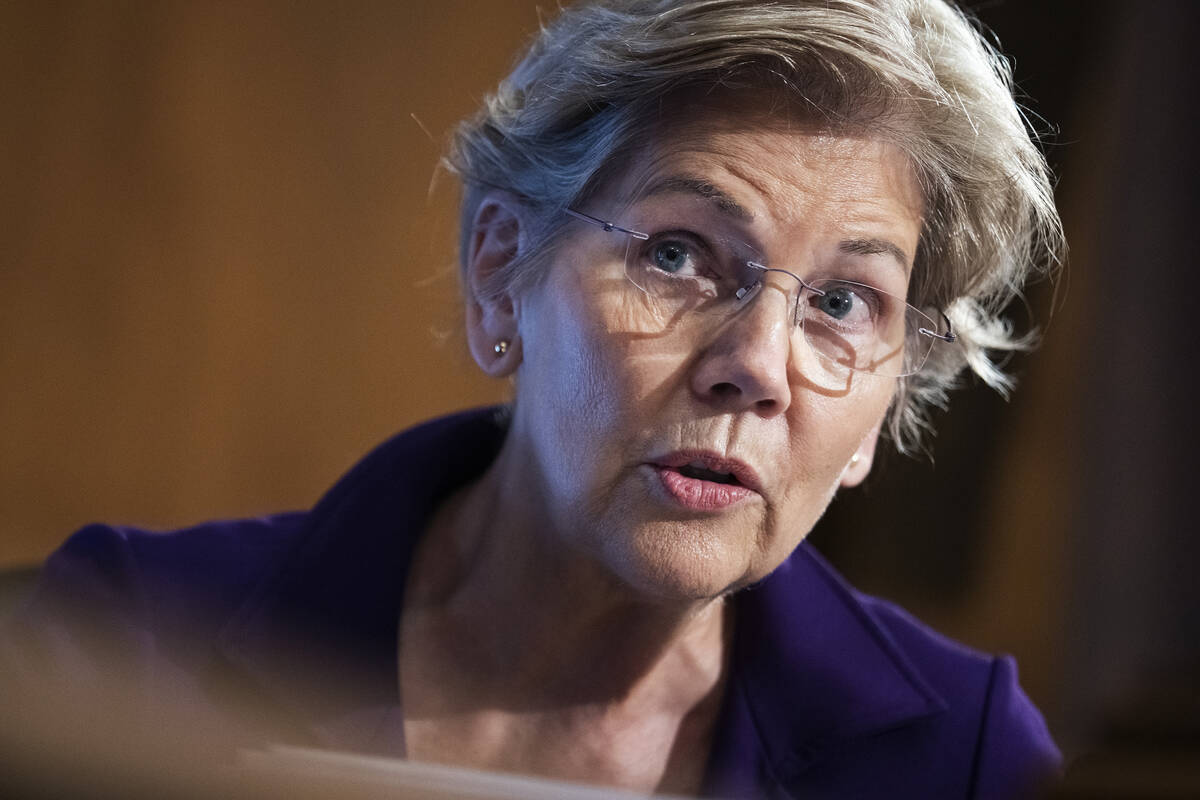Supreme Court to decide fate of Obama-era CFPB
WASHINGTON — The Supreme Court said Monday it would decide on the constitutionality of the Consumer Financial Protection Bureau, created in the wake of the 2008 Wall Street collapse and funded directly by the Federal Reserve.
The case poses a threat to an array of independent agencies, including potentially the Federal Reserve.
The court’s conservatives have been skeptical of the notion that agencies can operate outside the direct control of the president and Congress. But it is not clear how far they will go to rein in these agencies, all of which were created by Congress.
The issue is before the court now because the Biden administration moved quickly to challenge a ruling by the 5th Circuit Court in New Orleans that held the CFPB has been operating illegally because it is “no longer accountable to Congress” for its annual budget.
If the high court’s conservative majority agrees, it could cast doubt on the Federal Reserve as well because the Fed relies on bank fees and interest income for its operating expenses, not an annual appropriation from Congress.
In her appeal on behalf of CFBP, Solicitor General Elizabeth G. Prelogar called the lower court’s decision novel and wrong.
It “marks the first time in our nation’s history that any court has held that Congress violated the appropriations clause by enacting a law authorizing spending,” she said.
She had asked the court to decide the case by June, but the justices voted to hear it in the fall.
The case involves both a high-level dispute over the Constitution’s separation of powers and a practical and political divide over the agency.
The CFPB was championed by Democrats, including now-Sen. Elizabeth Warren, to protect consumers and borrowers from deceptive and unfair practices by banks and mortgage lenders. It has been steadily opposed by much of the lending industry and many Republicans.
The current dispute began as a challenge to a proposed regulation of payday lenders. In ruling for the lenders, the three judges of the 5th Circuit, all appointees of President Donald Trump, said it violated the Constitution to shield the bureau from an annual fight over its appropriation.
Judge Cory Wilson said the “bureau’s perpetual insulation from Congress’ appropriations power, including the express exemption from congressional review of its funding, renders it … no longer accountable to Congress and, ultimately, to the people.”
The Democrats who wrote the Dodd-Frank Act in 2010 tried to protect the bureau from political interference from the White House or Congress. The director was given a semi-independent status, and the bureau was authorized to obtain up to 12% of the annual revenues of the Federal Reserve for its operating expenses.
Last year, the bureau used $641 million of the $734 million that was available to it.
The Supreme Court’s conservatives have cast a skeptical eye on the bureau. Three years ago, the justices in a 5-4 decision rejected the independent status of the director and ruled that person could be removed by the president for any reason, including political differences.
The majority in the case of Seila Law v. CFPB consisted of the five Republican appointees while four Democratic appointees dissented.
The court, now with six Republican appointees, will consider the funding issue in the case of CFBP v. Community Financial Services Association of America.
In her appeal, Prelogar argued that throughout American history, Congress has set up agencies that were funded by fees and rates, not an annual appropriation. She cited early examples of the Post Office, the Patent Office and the U.S. Mint.
In the 20th century, Congress adopted a similar approach for funding the Federal Reserve, the Federal Deposit Insurance Corporation and the National Credit Union Administration.
Prelogar also noted that a large part of the federal budget consists of mandatory spending for authorized programs like Social Security and Medicare which do not depend an annual appropriation. In fiscal year 2021, she said Congress authorized $4.8 trillion in such mandatory spending out of approximately $7 trillion in total spending.
In creating the CFPB, she said Congress did what the Constitution requires by authorizing the bureau to spend funds collected by the Federal Reserve.
“Courts have no license to depart from the text and history of the constitutional provisions adopted by the founders in pursuit of their own views about the proper structure and funding of administrative agencies,” she said.






















